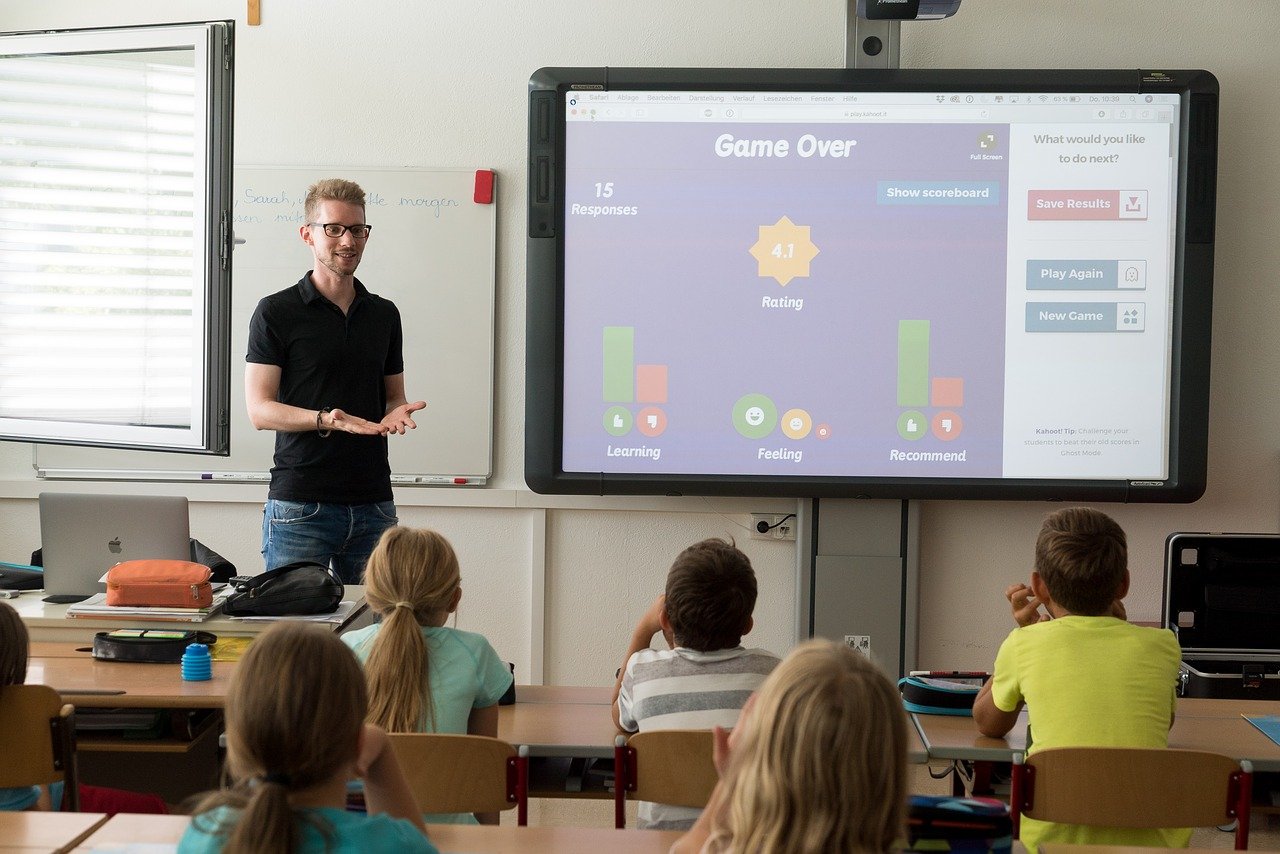Implementing the Gestalt Theory

Gestalt Psychology is founded in 1922 by Max Wertheimer, Kurt Koffka and Wolfgang Köhler. More information can be found in the paper and presentation Instructional Design Models and Theories: Gestalt Psychology.
Who’s Who?
Wolfang Kohler
Wolfgang Köhler was a prominent psychologist and phenomenologist born in Estonia in 1887. In 1909, he received his Ph.D. from the University of Berlin. At the University of Frankfurt, he met Wertheimer and Koffka. He immigrated to the United States in the 1930s and worked as a professor at Swarthmore College in Pennsylvania until he died in 1967.
Mr. Max Wertheimer
Max Wertheimer was born in 1880 in Prague. He lectured at many universities in Germany after receiving his PhD in Psychology from the University of Würzburg in 1904. He ultimately ended up teaching at New York’s New School for Social Research, where he stayed until his death in 1943. He was one of the three pioneers of Gestalt Psychology and was well-known for his work in Productive Thinking as well as his Phi Phenomenon concept.
Kurt Koffka
Kurt Koffka was born in 1886 in Berlin. In 1908, he received his Ph.D. from the University of Berlin. He became a lecturer at Smith College in Massachusetts in 1927, after immigrating to the United States. He was particularly fascinated by the principles that regulate the human perception of the environment, as well as interpretation and developmental psychology. He passed away in 1941.
Gestalt Principles (Gestaltism)
Every stimulus is seen by individuals in its “most simple form,” according to Gestalt Theory, often known as the Law of Simplicity. The theory’s main focus is “grouping,” and the entire theory highlights the concept that the whole is greater than the sum of its parts. Furthermore, “gestalt” in German refers to the “shape of an entity’s whole form.” As a result, the brain’s operating principle is integrative and self-organizing.
The Four Organizational Laws
The following elements influence the principle of “grouping” – often known as the “rules of organization” –:
- Proximity
Elements are commonly grouped based on their proximity.
- Similarity
Elements that are similar to one another are often grouped.
- Closure
Elements are a part of an entity; they are usually grouped.
- Simplicity
Elements should be grouped into simple figures based on their symmetry, smoothness, and uniformity.
The Gestalt Theory’s fundamental purpose is to enable the brain to see not just the whole but the parts that make up that whole. For instance, when someone looks at a tree, does he just see the tree, or does he also notice the flowers, branches, and trunk? The sum of its pieces and the whole are two wholly separate things, and learning can be accomplished if learners can cognitively grasp how components might make up the whole.
Gestalt Theory’s fundamental principles
The Gestalt Theory’s major concepts in learning are as follows:
- Teachers should urge their pupils to investigate the relationship between the pieces that comprise a problem.
- Inconsistencies, gaps, or disruptions are important triggers in the learning process.
- Educational training should be based on Organizational Laws.
The Gestalt Theory applies to conflict resolution and perception in a learning setting. It can, however, be applied in all facets of education. Wertheimer himself provided a wonderful illustration when he asked youngsters to find the area of a parallelogram. He proposed that the youngsters may use the traditional approach to calculate the area as long as the parallelograms had a typical shape. However, if the parallelogram had an irregular shape, children could not use the same reasoning or concepts to solve the problem but instead had to comprehend the shape’s true structure.






